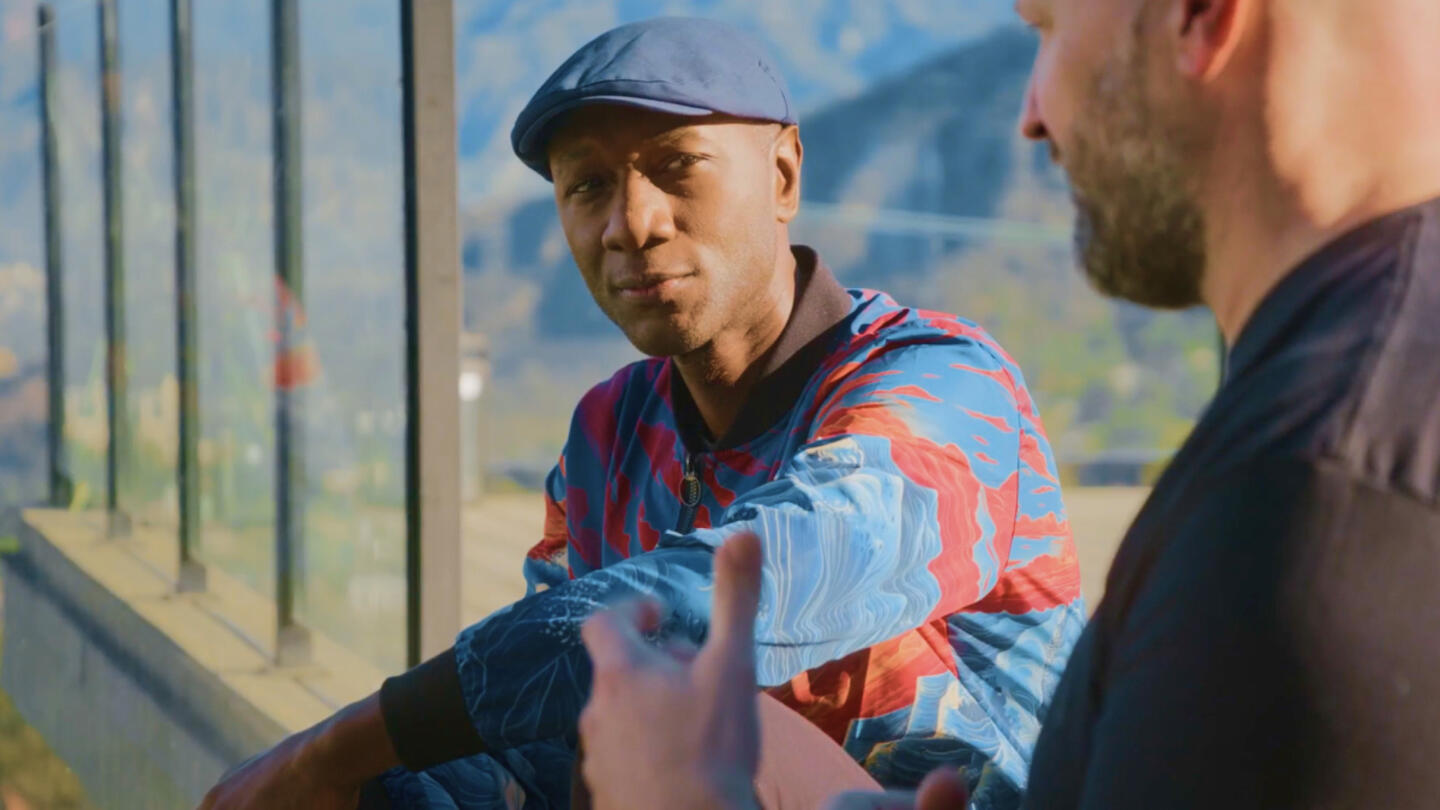What do you want to be when you grow up? For many kids, answering that question is a playful exercise in imagination. But at Genesys Works, it's key to unlocking upward mobility and generational change.
Founded in 2002, Genesys Works is a national workforce development program that connects high school students from underserved communities to career pathways they've never considered for themselves. According to CEO Jeff Artis, being able to see beyond one's current circumstances is a key first step to changing them forever.
"People in low-income neighborhoods of all ethnicities often face barriers that limit their aspirations and exposure to diverse career options," says Artis.
"They might look at successful entrepreneurs in their community running local businesses like barber shops, nail salons, or grocery stores and naturally envision themselves in similar roles. However, the broader possibilities, like working in financial services for a global company, can seem out of reach because they lack direct connections to those industries.
"We've got students in our New York City office from the Bronx who've never been to Manhattan. Sometimes it's that simple," says Artis.
Over the last 20 years, the organization has served 10,507 students in Houston, Twin Cities, Chicago, San Francisco Bay Area, New York City, and Washington, D.C., and recently opened a new location in Tulsa, Oklahoma.
Students come out of the program not only with more skills and experience, but more importantly, a better understanding of themselves, what they are capable of, and how they can unlock the path to a brighter future for their communities as well.
Genesys Works opens new career pathways
Genesys Works doesn't seek to funnel students into one particular career over another, says Artis. Rather, the goal is to empower students to see all the career paths they're capable of pursuing, then help them achieve whichever they're most passionate about.
The program begins senior year in high school. Students spend eight weeks learning business, technology, information systems, and professional development. They also learn social expectations. "These are things like shaking someone's hand, looking someone in the eye," explains Artis. For some students, this might be new.
Participants choose a year-long paid internship with one of Genesys Works' 170 corporate partners, ranging from global enterprises such as Target, Deloitte, and Salesforce to local companies in their own communities.
The most important change that happens for students, says Artis, is how they start to see themselves and their ability to navigate professional environments.
"It's the networking that occurs when they leave us in training and go to their internship – the community they create with their supervisor in the office, and the community they create with their work peers."
"And now, they say, 'Wow, I went into this tall shiny office building, which wasn't as scary as I thought it was going to be, I met people who aren't as scary as I thought they were going to be. And I found out I have more in common with these people than I thought I was going to have, and often they're no different than me.'"
Students fill out a survey on day one of the program where they rate confidence levels, ability to network, and communication skills. On the last day, they take the same survey. Artis says it's common to see a 50-60 point swing upwards. "Walking out with those new feelings makes all the difference in the world."
The results speak for themselves. More than 70 percent of Genesys Works alumni report median annual earnings of $60,000 six years post-program, which exceeds the national median income for people their age. At the seven-year mark, 59 percent earn more than at least one of their parents, oftentimes achieving more professional success by 30-years-old than anyone in their family has over their entire lifetime.
Sign up for the Strong & Safe Communities newsletter for stories, ideas, and advice from changemakers working with their neighbors to address the biggest problems we face.
Building career pathways for low income students creates ripple effects
Genesys Works considers it a success when alumni are earning a living wage at that six-year mark. However, says Artis, that's a means to the end of what they're trying to achieve.
"If you're at $60,000 at 25 years old, you should be okay for the most part," says Artis. "You should be relatively stable. And then it's about navigation from there. And you can go as far or as short as you choose to go, but now you have the wherewithal, the capability to be able to continue to do that.
Artis explains, "Success is individual. We're not putting a stake in the ground that says and by the way, in ten years we expect you to all be directors, or we expect you to make $100,000. That's a personal choice. If you want to be a school teacher and that's a $60,000 a year job versus you want to be an investment banker and that's a $400,000 a year job, it's not mine to determine which one is successful. I think you're both successful based on what you chose to do."
Regardless of the paths students choose to take, says Artis, their impact has a ripple effect that reverberates through communities and the companies who hire them.
"Some choose to give back physically—stay in their neighborhood, do things there, mentor that next group of people," Artis says. "Some choose to give back financially. Some choose to give back by being a role model for others in other ways." All told, according to a study by Columbia University economist Dr. Clive Belfield, every $1 invested in Genesys Works leads to a $13.46 economic return in their communities.
Artis believes they're still just scratching the surface of the long-term impact they can make. After Tulsa, the organization has ambitions to expand into more mid-tier cities where they feel they can do the most good.
"It's really about how do we serve more people?" Artis says. "The more of this we can do, the bigger the groundswell, the more impact we can have across the country."
***
Genesys Works is supported by Stand Together Foundation, which partners with the nation's most transformative nonprofits to break the cycle of poverty.
Learn more about Stand Together’s efforts to build strong and safe communities and explore ways you can partner with us.

At this ‘resort,’ children with intellectual disabilities are seen as gifts to be celebrated and loved.

Veterans experience loss when leaving service. Could this be key to understanding their mental health?

The Grammy-nominated artist is highlighting the stories we don’t get to hear every day.

With his latest project, Blacc isn’t just amplifying stories — he’s stepping into them
